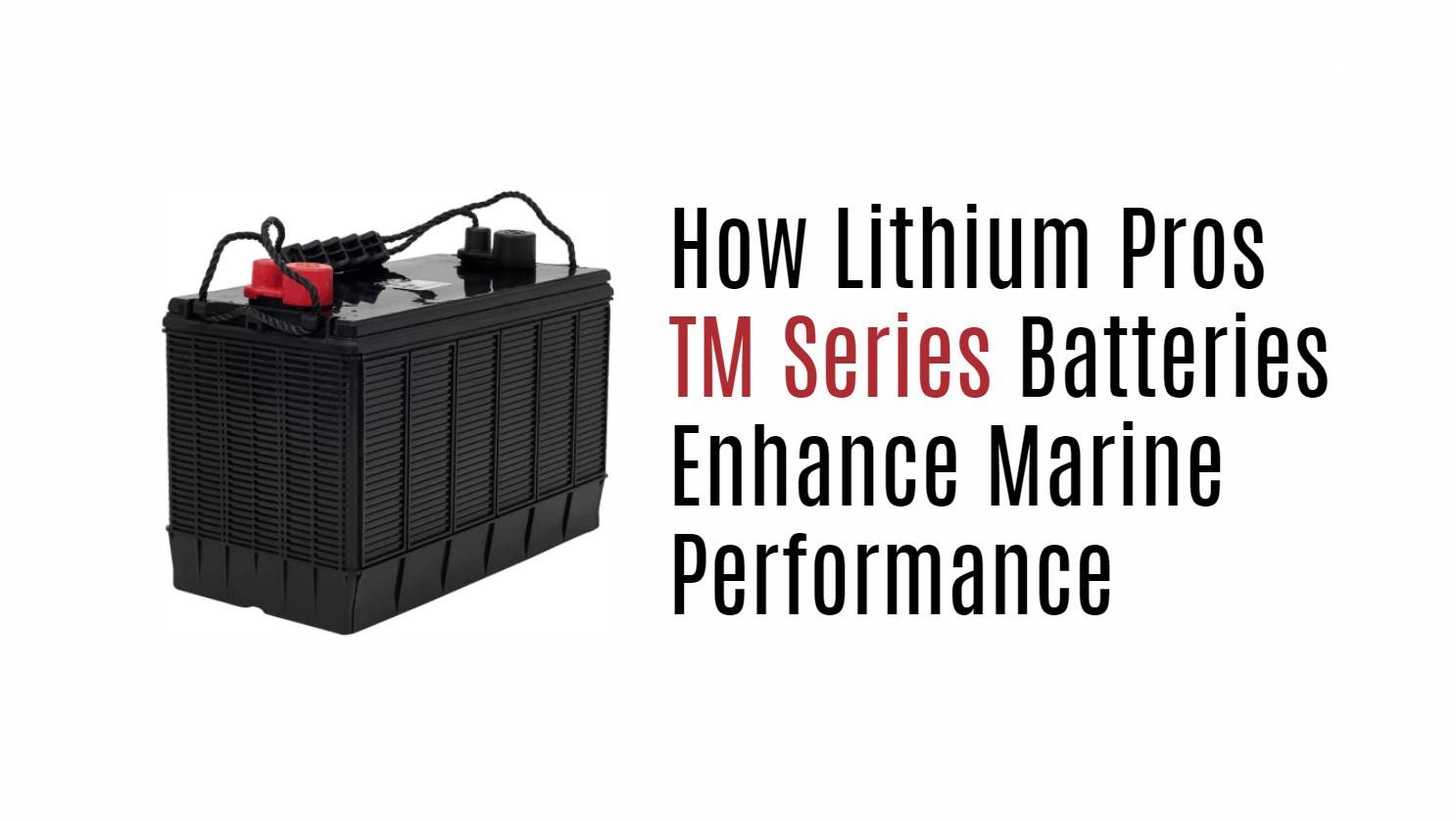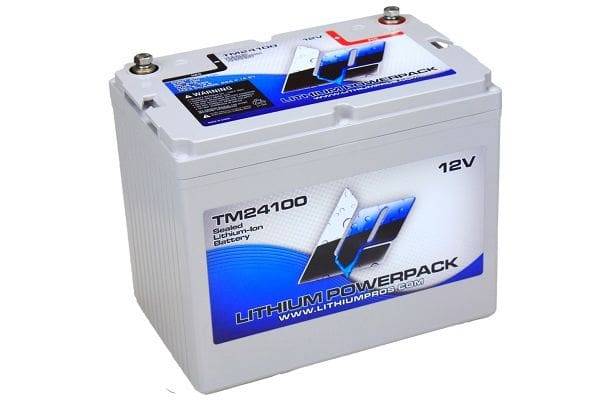
Blog
How Lithium Pros TM Series Batteries Enhance Marine Performance

Table of Contents
ToggleWhat advantages do lithium batteries offer for marine use?
Lithium batteries provide several key advantages for marine applications:
Wholesale lithium golf cart batteries with 10-year life? Check here.
- Lightweight Design: They are significantly lighter than lead-acid batteries, which improves overall vessel performance and handling.
- Higher Energy Density: Lithium batteries store more energy in a smaller footprint, allowing for longer trips without frequent recharges.
- Low Maintenance: Unlike lead-acid options, which require regular maintenance, lithium batteries are designed for minimal upkeep.
Chart: Advantages of Lithium Batteries
| Advantage | Description |
|---|---|
| Lightweight | Enhances handling and performance |
| Higher Energy Density | Longer trips between charges |
| Low Maintenance | Minimal upkeep required |
How do lithium batteries improve performance on the water?
Lithium batteries enhance marine performance by:
- Consistent Power Output: They maintain stable voltage throughout their discharge cycle, ensuring that onboard systems operate smoothly without power dips.
- Faster Charging Times: Most lithium batteries can be charged significantly faster than lead-acid counterparts, allowing you to get back on the water quickly.
What is the lifespan of lithium marine batteries?
Lithium marine batteries typically last between 8 to 15 years, depending on usage and maintenance practices. This lifespan is considerably longer than that of lead-acid batteries, which usually last around 3 to 7 years. The extended lifespan means fewer replacements and lower long-term costs.
Why are lithium batteries becoming the preferred choice for marine applications?
Lithium batteries are increasingly favored due to:
Want OEM lithium forklift batteries at wholesale prices? Check here.
- Efficiency: They charge faster and maintain voltage better than traditional lead-acid options.
- Performance Under Load: They provide consistent power output, which is essential for running multiple devices on a boat.
- Environmental Impact: Their longer lifespan and lower maintenance needs make them a more sustainable choice.
How do lithium batteries compare to traditional lead-acid batteries in marine settings?
When comparing these two types:
- Weight: Lithium-ion is much lighter, reducing overall vessel weight and improving efficiency.
- Charging Time: Lithium charges much faster than lead-acid.
- Depth of Discharge (DoD): Lithium can be discharged deeper without damage, allowing for more usable capacity.
Chart: Performance Comparison
| Feature | Lithium-Ion | Lead-Acid |
|---|---|---|
| Lifespan | 8 – 15 years | 3 – 7 years |
| Charging Time | Fast | Slower |
| Depth of Discharge | Up to 80% | Up to 50% |
What environmental benefits do lithium batteries provide?
Lithium batteries offer several environmental benefits:
- Lower Carbon Footprint: They produce fewer greenhouse gas emissions during production and use compared to lead-acid alternatives.
- Recyclability: Many components can be recycled, reducing waste and resource extraction.
- Sustainable Resource Use: Their longer lifespan means less frequent replacements, leading to reduced overall environmental impact.
How is technology advancing in lithium battery design for marine use?
Recent advancements include:
- Improved Energy Density: New materials and designs are increasing energy density, allowing for smaller and lighter battery packs tailored for marine applications.
- Enhanced Safety Features: Innovations in battery management systems (BMS) improve safety by preventing overcharging and overheating.
What trends are emerging in the marine battery market?
Emerging trends include:
- Increased Adoption of Lithium Technology: More manufacturers are offering lithium options as they become more cost-effective.
- Integration with Renewable Energy Sources: Many users are pairing their boats with solar panels or wind turbines for sustainable charging solutions.
Why should boaters consider switching to lithium battery technology?
Boaters should consider switching because:
- Enhanced Performance: Improved power delivery and longer trip durations enhance the overall boating experience.
- Cost Savings Over Time: Although initial costs may be higher, reduced maintenance and longer lifespans lead to lower total ownership costs.
Industrial News
The demand for lithium-ion technology in marine applications continues to rise as advancements improve performance metrics while reducing costs. Recent innovations have led to enhanced energy densities and smarter charging solutions that optimize usage. As more consumers seek eco-friendly options, manufacturers focus on developing reliable and efficient battery technologies suitable for various boating needs.Expert Insight
“Switching to lithium technology not only boosts performance but also aligns with a growing commitment to sustainability,” says Dr. Emily Carter, an energy storage expert. “By embracing this technology, boaters can enjoy enhanced reliability while contributing positively to environmental conservation.”




